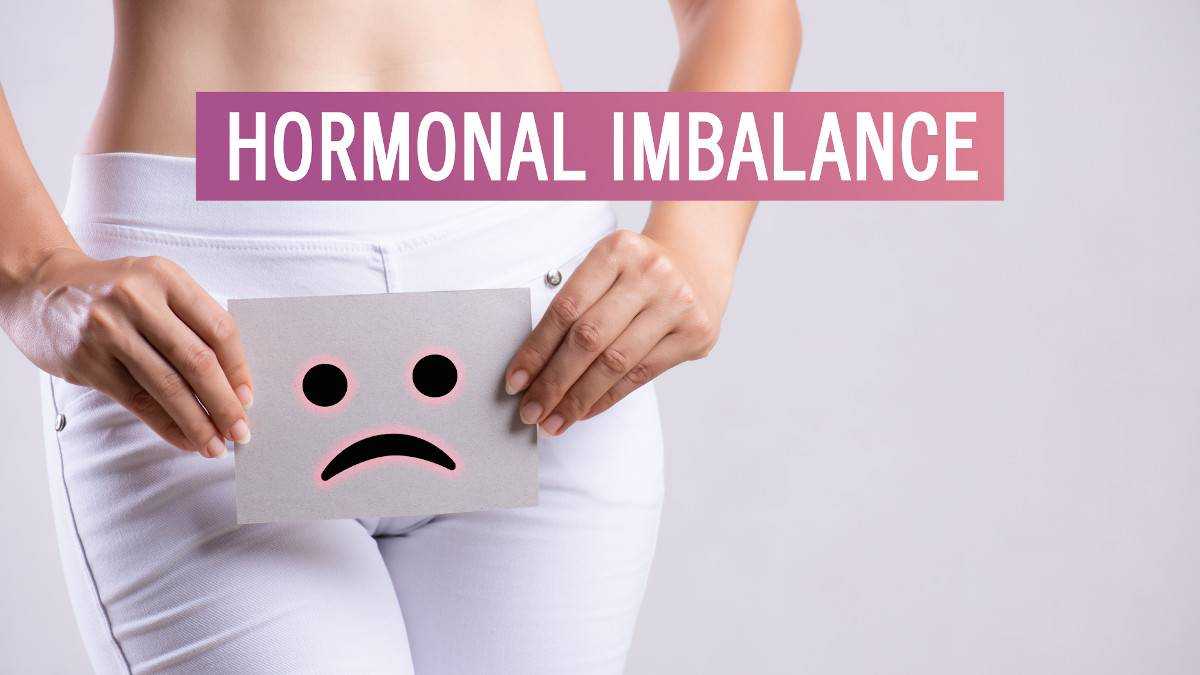Hormone replacement therapy is a counteractive measure that doctors suggest in case if any of the symptoms are too severe
and risk hampering the normal bodily functions to a great extent.

What is hormone replacement therapy?
In menopausal women, the hormones estrogen and progesterone in the body are not generated in adequate proportions. These inadequate levels of hormones result in problems such as hot flashes, mood swings, and vaginal dryness. To avoid any significant repercussions due to a deficit of these hormones, doctors may advise replenishing the body’s hormone levels. Hormone replacement therapy comes in many forms – pills, patches, ointments, etc.
- Pills – To counter menopausal symptoms through hormone replacement therapy, pills are most commonly advised by doctors. The tablets may be of estrogen and progesterone separate according to the quantities required by the body, or they may be combination bills containing both the hormones.
- Patch – The patch is worn in the abdominal area. These patches need to be replaced every few days or weeks depending on the doctor’s advice. Through these patches, the hormones are absorbed by the skin. They are most commonly used to tackle osteoporosis in menopausal women.
- Topical application – Hormone replacement therapy can also be initiated in the form of ointments, sprays, and gels. The topical application enables the absorption of the hormones through the skin, with them directly reaching the bloodstream. These are more commonly used to tackle osteoporosis, joint pain, and skin problems in menopausal women.
- Vaginal estrogen – These may be in the form of an ointment, vaginal rings, or tablets. These are more commonly used to tackle vaginal dryness. Some other symptoms that this helps relieve are painful intercourse, bleeding during sex, burning, and pain during urination, etc.

Hormone replacement therapy – benefits and side effects
Though there are some side effects associated with hormone replacement therapy, the benefits usually outweigh them. Some of the common side effects of hormone replacement therapy are:
- Breast tenderness
- Indigestion
- Vaginal bleeding
- Stomach aches
- A general feeling of being unwell

Women who should be especially careful before deciding to undergo hormone replacement therapy include:
- Those with a history of breast cancer, ovarian cancer or cancer of the womb
- Those having a problem of blot clotting
- Those with very high blood pressure problems
- Those having a history of liver disease/s
- Women who are pregnant or those that are trying to conceive
You must consult a trained medical professional, inform them about all your prior and existing health conditions, including a family history of any significant health problem. The doctor will then decide whether or not you should opt for the therapy and if yes, then to what degree in terms of dosage and duration.
Special thanks to Dr. Sheela HS [MD (OB-GYN)] for the expert advice.






